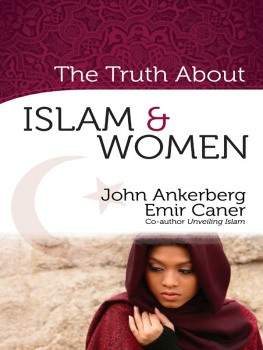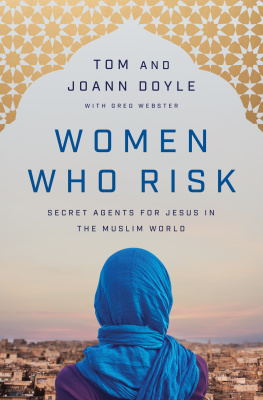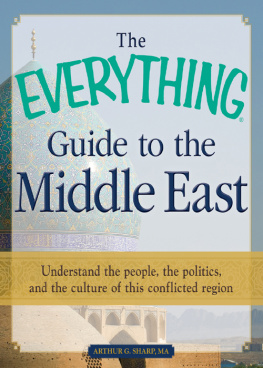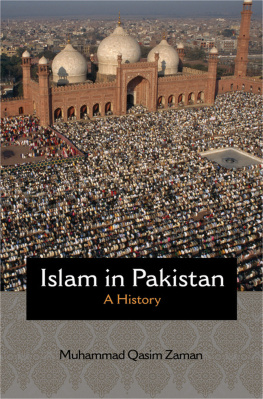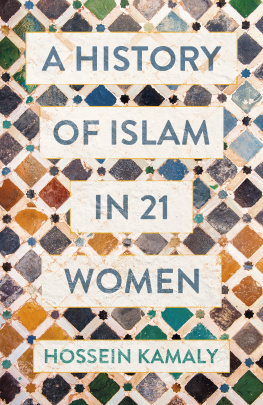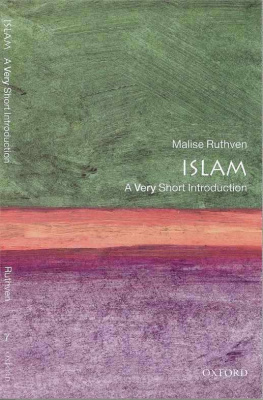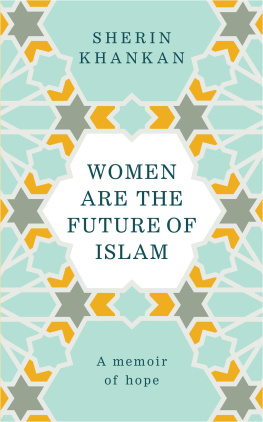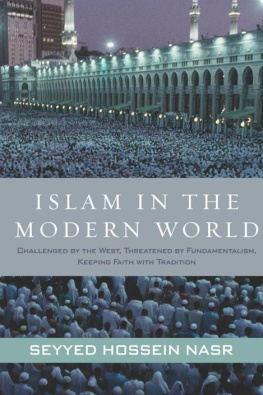WOMAN, MAN, AND GOD IN MODERN ISLAM
Woman, Man, and God in Modern Islam

Theodore Friend
WILLIAM B. EERDMANS PUBLISHING COMPANY
GRAND RAPIDS, MICHIGAN / CAMBRIDGE, U.K.
2012 Theodore Friend
All rights reserved
Published 2012 by
Wm. B. Eerdmans Publishing Co.
2140 Oak Industrial Drive N.E., Grand Rapids, Michigan 49505 /
P.O. Box 163, Cambridge CB3 9PU U.K.
18 17 16 15 14 13 12 7 6 5 4 3 2 1
Library of Congress Cataloging-in-Publication Data
Friend, Theodore.
Woman, man, and God in modern Islam /
Theodore Friend.
p. cm.
Includes index.
ISBN 978-0-8028-6673-8 (cloth: alk. paper)
ISBN 978-1-4674-3635-9 (mobi)
1. Islam 21st century. 2. Islam and civil society.
3. Islamic countries Social conditions 21st century.
4. Islam Controversial literature. I. Title.
BP161.3.F75 2012
305.697 dc23
2011032974
www.eerdmans.com
To all the Muslim women
who shared with me
their histories and hopes
Contents
Islam, the worlds second largest religion, continues to attract many myths and misstatements in the West, but few as plainly wrong as the idea of a unified, monolithic global faith. In fact, the question What do Muslims think? makes about as much sense as an equivalent query about what all Christians believe. The answers differ enormously depending on the historical period and the geographical context, and the only proper response is Which Muslims? Where and when? Arguably, over the span of its development, Islam worldwide is quite as diverse as Christianity, and that fact must supply the essential foundation for any attempt to predict the future of the Muslim world.
That sense of diversity is a central theme of Theodore Friends wonderfully ambitious and wide-ranging book. However much the Saudis would like to believe so, their ultra-puritanical and authoritarian version of Islam in no sense represents a pristine or uniquely authentic version of the faith, but is rather one among many. Its always useful to be reminded that Islam is anything but synonymous with the Arab world. Of the worlds eight largest Muslim countries, only one Egypt is Arab in language and culture, and it would not be too far from the mark to see Islam as a religion of South and Southeast Asia. Appropriately, then, of the five studies that make up Woman, Man, and God in Modern Islam, Saudi Arabia alone holds up the Arab banner.
Friends book has so many strengths that it is difficult to know where to start listing them. Above all, we see his generous, all-encompassing interest in other societies. His main theme is womens social role and the impact of feminism within a highly religious and indeed fundamentalist setting. And what topic could be more central to understanding the modern world? Tell me the role and status of women in a given society and I will know all the essential facts about family structure, demography, fertility rates, and (very probably) attitudes to religious authority. All are inextricably intertwined. But its easy to imagine an academic book struggling to interpret the rival forces of feminism and fundamentalism within Islam, avoiding any temptations to stray into peripheral topics. Not for Theodore Friend, who so comprehensively explores the relationship of gender and religion, but simply finds it impossible to avoid addressing so many other critical topics and stories: political structure and ideology; Islamic, Asian, and Middle Eastern history; scriptural interpretation; education, and so much else. His curiosity is insatiable, and the reader is quickly drawn in. Moreover, our hypothetical academic would probably present the findings in suitably inaccessible academic prose exactly the opposite of what Friend does in this vivid book, which is firmly rooted in his own personal experiences and encounters. It is above all these numerous and varied conversations that linger in the readers mind.
I really hope this book finds the widest possible audience, among policy-makers, legislators, and media professionals, who would find it an invaluable corrective to the common myths about Islam and the Islamic world. But the best reason for reading it is that it tells an enthralling story or rather, many stories. The book is a triumph.
PHILIP JENKINS
Edwin Erle Sparks Professor of Humanities,
Pennsylvania State University
Distinguished Senior Fellow,
Institute for Studies of Religion,
Baylor University
Why did I choose to throw myself into five major Muslim cultures for the sake of this book? There are journalistic answers, such as to sort out the simultaneous growth of fundamentalism and of feminism. And historical answers, such as to distinguish, alongside Arab culture, four other major cultures in the Muslim world. Whatever I did, I would be responding as a historical journalist. But the deepest call I was answering was the voice of my late wife, suddenly gone after forty-three years together, saying, You need a project. She had sometimes endured my long spells away for earlier books. But now I had to learn from absence, without her ever coming back. I began to travel, not yet knowing quite why.
Travel, of course, contains its own suffering. Not just logistical ensnarements, but for one with a thin stomach lining, the danger of disease across all Southern Asia. Above all, the repeated stress of adjusting to very different Muslim cultures. But that was precisely the point: to understand these cultures beyond what I already knew, in a period of new turbulence in the world. To the extent I gave the effort, I knew I would be given understanding, which I could then pass on.
I have sought to write a book that heightens the profile of women in these five cultures. My intent was to talk with women in various professions and callings. And men, too members of both genders who take religion seriously. I wanted to serve as interlocutor for those forward-thinking persons willing to inform such a program.
My aim required an arc which I covered twice: going halfway around the world to Indonesia, then proceeding to three more cultures westward before concluding in Turkey, halfway back home. Two Southwest Asian cultures were highly resistant to visitors and hostile to researchers the Kingdom of Saudi Arabia and the Islamic Republic of Iran. Camouflaging my intentions was necessary to entering both these countries. Once inside, I found women of integrity eager to talk.
Before them in that westward arc, I found Pakistan riven by internal strife and aggravated by the foreign policies of the U.S. As an American, I hardly felt welcome. Yet friends and kind strangers made all the difference. There, in fact, I received a blessing from the philosopher Anis Ahmad, who encouraged me in what he called my jihad my moral struggle to understand Islam and Muslim cultures.
Moral purpose is the heart of the matter. I am not the geographer that C. M. Doughty had to be, intrepidly, for Arabia Deserta (1888). And certainly not the warrior into which T. E. Lawrence turned himself, sometimes courting insanity, for Seven Pillars of Wisdom (1926).
After them came two women who spoke Farsi as well as Arabic Gertrude Bell (1868-1926) and Freya Stark (1893-1993). The first was multicompetent and fully capable of male imperial errors. The second was a prolific travel writer across forty years.
Any modern traveler in Muslim lands must limit her ambitions and expand her sensibilities. V. S. Naipaul ranged through some of that world (but not Turkey or Saudi Arabia) and produced two books: Among the Believers (1981) and Beyond Belief (1998). These are rich candies, but sour at their center. What a shame that an Oxonian rationalist should have traveled so widely, observed so elegantly, and understood so little. Why write about Islam if one disdains belief? Why dismiss converts as suffering from neurosis? This ex-Hindu, post-Enlightenment, neo-cosmopolitan has overcome his rootlessness by grounding himself in his own extensive experience. A reader may trust his eye and his ear, but not his heart. Naipauls descriptions are arresting, but his compass needle flickers too much. With such an itinerary, a traveler who disbelieves in belief can be at best a connoisseur of oddity.
Next page

